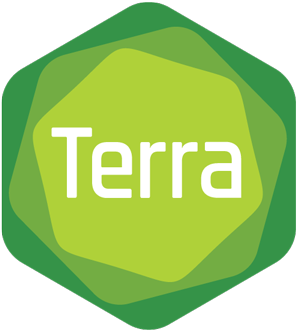It’s an exciting time to work in cell biology research, as the technological innovations of recent years are yielding ever richer and more precise pictures of the complex molecular states within our cells, even within their very nuclei. On the flip side, this modern-day Cambrian explosion of data generation techniques and computational analysis tools also creates a level of complexity that can be difficult to navigate. Apply this to an organ as intricate and subtle as the brain, and you may find yourself quickly reaching for the paracetamol.
To lower the learning curve, we recently teamed up with the BRAIN Initiative Cell Census Network consortium to put together a hands-on workshop focused on helping researchers get started with key resources including the BRAIN Initiative’s Neuroscience Multi-Omic (NeMO) Archive, the Broad’s Single Cell Portal (SCP) and of course, Terra itself.
Contents of the workshop
We designed our section of the workshop (Day 2: Data Processing) as a series of hands-on exercises that walk the learner through finding data in the NeMO Archive, analyzing that data in Terra with popular analysis packages like the Optimus workflow from the Human Cell Atlas project and Seurat from the Satija lab at NYGC, then publishing the results to a study in Single Cell Portal. Our ultimate goal was that after going through the workshop, a researcher would be able to apply the skills and lessons they had learned to pursue their own work using these resources with minimal to no further assistance.


Taking advantage of Terra’s support for sharing preconfigured analyses that work out of the box, we bundled all the necessary data code and tools into a public workspace that anyone could easily clone and use to work through the exercises. The workspace dashboard includes basic instructions, as well as a link to download a PDF worksheet that details every action step by step — with screenshots! — to make it possible for anyone to work through it on their own.
Watch the video recording
But wait, there’s more. We delivered the workshop in Jan 2021 to twentyish researchers from institutions participating in the BICCN consortium; it was over Zoom (because of course that is our life now) and the entire thing was recorded, so we’re now able to also share the full video. Given the very enthusiastic feedback we received from workshop participants, we’re very much looking forward to seeing these materials benefit others in the community.
If you’d like to work through this workshop yourself, just log in to your Terra account (or start here if you don’t have one yet) and follow the instructions outlined in the BICCN Omics Workshop workspace. Don’t hesitate to reach out to the Terra Helpdesk if you have any questions or run into any difficulties, and let us know how it goes by commenting below or in the Terra Community forum.



